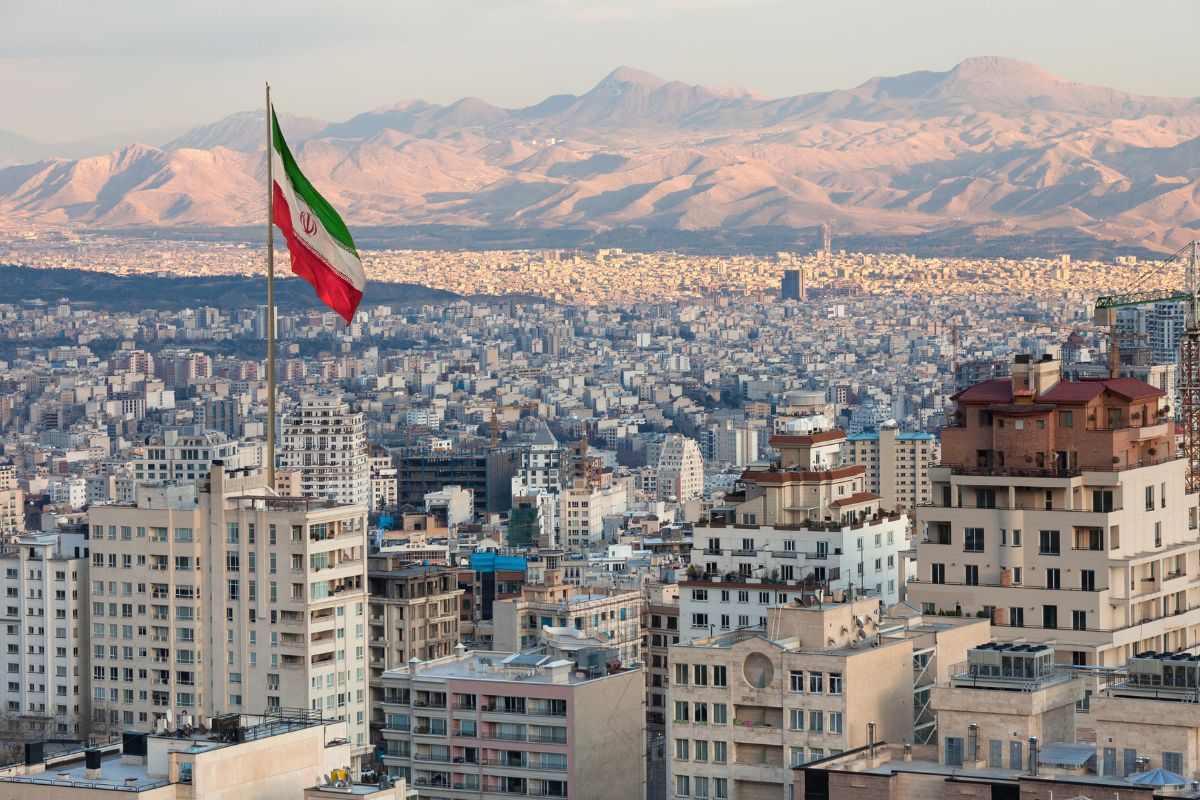Non-Western analysts in general and Indian commentators especially are finding it hard to keep their excitement in check at the possibility of the Iran factor, once again, playing a potentially pivotal role in the geopolitics of the East. In Western capitals, on the other hand, there is consternation in the wake of a punitively sanctioned Tehran getting active in the wake of the Ukraine war as it tries to coordinate foreign policy objectives with the West’s adversaries ~ Russia and China. The fact that it is an old friend of India, Mr Ali Akbar Velayati ~ Iran’s longest serving Foreign Minister (1981-1997) and currently Senior Advisor to Supreme Leader Ayatollah Sayyid Ali Khamenei ~ who has initiated the Iranian effort to inveigle itself in the Sino-Russian strategic partnership has sparked hopes in some quarters that New Delhi can be persuaded, at the very least, to not oppose the emergence of such a power bloc.
In a recent interview, Mr Velayati described Iran, Russia and China as the three “major independent powers in Asia that stand against the expansionism of the United States of America and the West”. The timing of the statement, just as the economic crisis in Europe marked by Moscow’s energy squeeze is intensifying, seems to be no coincidence. Tehran is perfectly cognisant of its renewed importance as a source of energy for the West given the shortfall caused by the sanctions imposed against Russia. The attempt by Washington, under pressure from its European allies, to revive the nuclear deal with Iran scrapped by former President Donald Trump has not gone unnoticed either. Tehran has taken this opportunity to up its game, as it were, as its oil and gas reserves become a powerful strategic currency. But Iran’s aim does not seem to be limited to leveraging the West’s requirement for oil for its own economic benefit or resuscitating the nuclear deal on terms more favourable to it.
Advertisement
Tehran clearly sees itself as a strong regional force which, in collaboration with Moscow and Beijing, can take on the West both economically and, if required, militarily. Mr Velayati in his interview, wherein he praised the Iran-China-Russia pushback against the West, also made positive references to India. While it is true that New Delhi and Tehran have established a warm, mutually beneficial relationship, and Mr Velayati is still remembered here as the man who got Iran to prevent the Organisation of Islamic Cooperation (OIC) from embarrassing India in the early 1990s with the threat of United Nations sanctions for alleged human rights abuses in Jammu and Kashmir, the case for India not taking sides in the emerging West versus The Rest global powerplay remains compelling.
